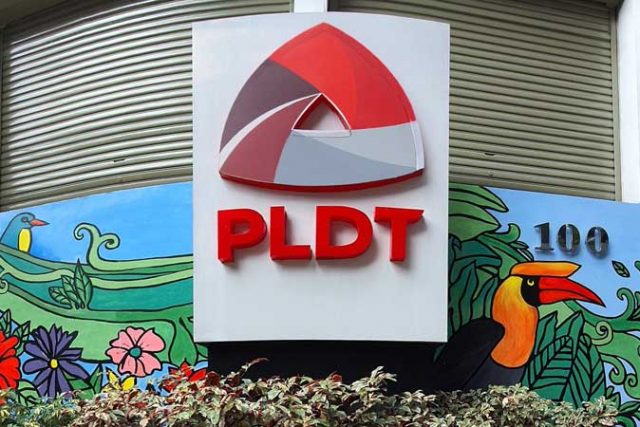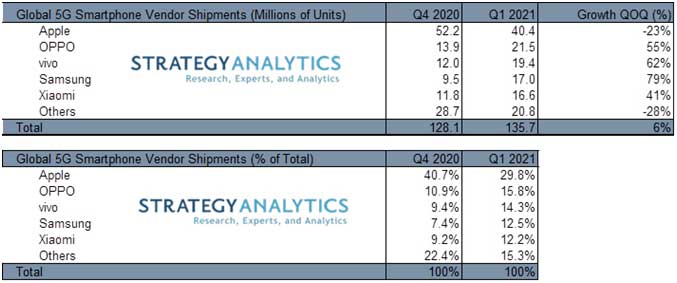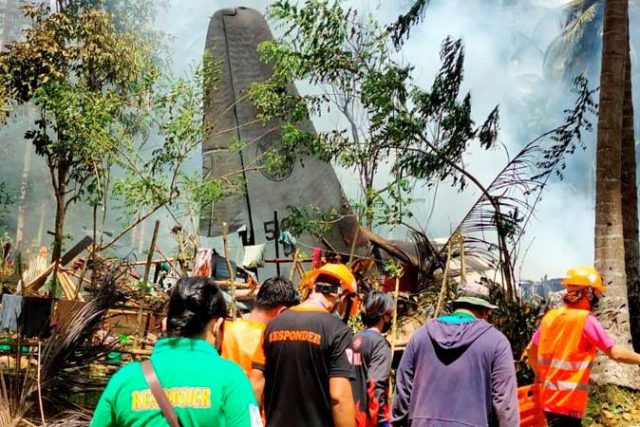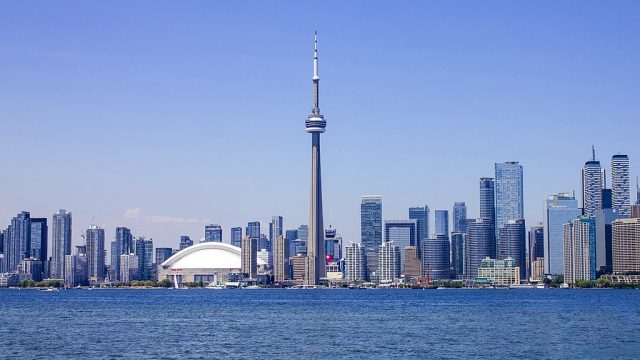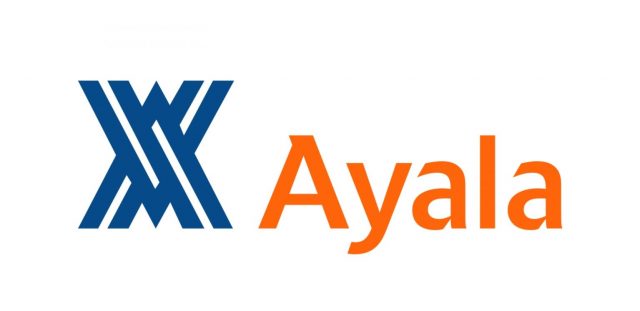OTTAWA — Hong Kongers in Canada are banding together to help the latest wave of immigrants fleeing Beijing’s tightening grip on their city.
Networks across the country, some descended from groups set up after China’s crackdown on Tiananmen Square protesters in 1989, are offering new arrivals everything from jobs and accommodation to legal and mental health services and even car rides to the grocery store.
“We are in a battle. These are my comrades, people who share the same values,” one 38-year-old who asked to be identified only as Ho told Reuters. “Who is going to provide that helping hand if I’m not going to?”
Ho runs a cooking school near Toronto, and said he hired a former aide to a Hong Kong democratic politician to promote his business online, and recently took on a new kitchen assistant who took part in the city’s 2019 pro-democracy protests.
Ho, who came to Canada as a teenager before Britain handed Hong Kong back to China in 1997, is just one person helping the network of support groups that have been formed in Toronto, Vancouver, Calgary, and Edmonton in the past two years.
Immigrants looking after each other is not unique. But people in Canada, which has one of the world’s biggest overseas concentrations of people from Hong Kong, told Reuters the situation is urgent because many of the people they are seeking to help fear they will be arrested for taking part in past protests and may not be able to afford professional help to resettle overseas.
“It’s my natural duty,” said Ho, who asked not to be identified by his full name, and did not name his new employees, for fear of problems with Hong Kong authorities. “If I was in Hong Kong, I would be in a desperate position. If there was a helping hand, I would hold onto it.”
Beijing imposed a sweeping national security law on Hong Kong a year ago, outlawing a wide range of political activities and effectively putting an end to public protests. Many pro-democracy activists and politicians, including prominent Beijing critics Joshua Wong and Jimmy Lai, have been arrested under the new law or for protest-related offences. Many people have already left the territory.
The Hong Kong government and China say the law was necessary to restore stability after the sometimes violent protests of 2019, and that it preserves freedoms guaranteed by Beijing after Britain handed Hong Kong back to China.
“The Hong Kong national security law upholds the rights and freedoms of Hong Kong people,” said a spokesperson for Hong Kong’s Security Bureau. “Any law enforcement actions taken by Hong Kong law enforcement agencies are based on evidence, strictly according to the law, for the acts of the persons or entities concerned.”
CANADIAN ‘PARENTS’
Britain and Canada are two of the most popular destinations for people leaving Hong Kong after the imposition of the national security law.
Some 34,000 people applied to live in Britain in the first two months after the country introduced a new fast-track to residency for Hong Kongers earlier this year, according to the Migration Observatory at the University of Oxford, citing government data.
About a fifth of that number applied for temporary and permanent residency in Canada in the first four months of this year, according to the government. The total number of Hong Kongers going to Canada is likely larger but hard to track as many already hold Canadian passports from earlier waves of emigration.
Hundreds of thousands of Hong Kongers moved there in the 1980s and 1990s for fear they would lose wealth and property, or much of their freedom, after Communist Party-ruled China took back control of the city.
But the city prospered and retained freedoms unavailable in mainland China, so many Hong Kongers returned home, or kept a foot in each country. The latest wave of emigration looks more likely to be permanent, as China stamps its authority on Hong Kong.
Canada loosened its restrictions on admitting Hong Kongers after the imposition of the national security law last year. It set up a new work visa program aimed chiefly at young Hong Kongers with a degree or diploma from a post-secondary institution in the last five years, along with two pathways to permanent residency for Hong Kongers in Canada who have recently worked or completed post-secondary studies in the country.
The new coronavirus has complicated matters for new arrivals. Under Canada’s latest travel restrictions, even those who have obtained permission to live and work in Canada through the new program are only allowed to enter the country if they have a job offer.
That is where the support network comes in. The Toronto Hong Kong Parent Group has so far assisted 40 people, half of whom have already received three-year permits, according to Eric Li, co-founder of the group and former president of the Canada-Hong Kong Link, a rights advocacy organization established in 1997.
Mr. Li said the group has encouraged 20 employers to offer jobs to people arriving from Hong Kong, including Ho’s cooking school, restaurants, a construction company, a travel agency, and a family who hired a Cantonese tutor for their children.
The Toronto group also has interpreters, lawyers and psychotherapists on hand to help new arrivals and has 10 rooms it can provide as free, temporary accommodation. The rooms are in the members’ or their friends’ homes.
Volunteers in Calgary said they have helped at least 29 asylum seekers, picking many up from the airport and driving them to doctors’ offices, grocery stores and banks.
STEPPING STONE
Canada has long had one of the largest populations of overseas Hong Kongers, some of whom came together in 2019 to hold rallies in solidarity with the protests back home.
Many of the new groups can trace their roots to activist organizations that formed in response to Beijing’s crackdown on pro-democracy protesters in and around Tiananmen Square in 1989, or the 1997 handover. The groups already have contacts with social agencies, such as Community Family Services of Ontario or the York Support Services Network, or with churches and professionals willing to help.
The Vancouver Parent Group, supported by the Vancouver Society in Support of Democratic Movement that formed in 1989, has raised more than C$80,000 ($65,963) to help Hong Kong protesters settling in Canada with living costs and legal fees.
Vancouver “parents” show new arrivals how to navigate public transport or get a library card, and organize donations of winter clothing or kitchenware, according to Ken Tung, one of the volunteers.
Mr. Tung said their aim is to “give them a stepping stone to move on.”
Alison, a protester who left Hong Kong last year after many of her friends there were arrested for taking part in protests, was one of those helped by the Calgary group.
Along with a few other new arrivals, she launched the Soteria Institute, named after the Greek goddess of safety and salvation, to offer free, weekly, online English lessons, resume-writing workshops and emotional support.
“We understand what they’re experiencing,” said Alison, who asked to be identified by only one name. “We try to use our experience to help out more Hong Kong exiles.” — Sarah Wu/Reuters



